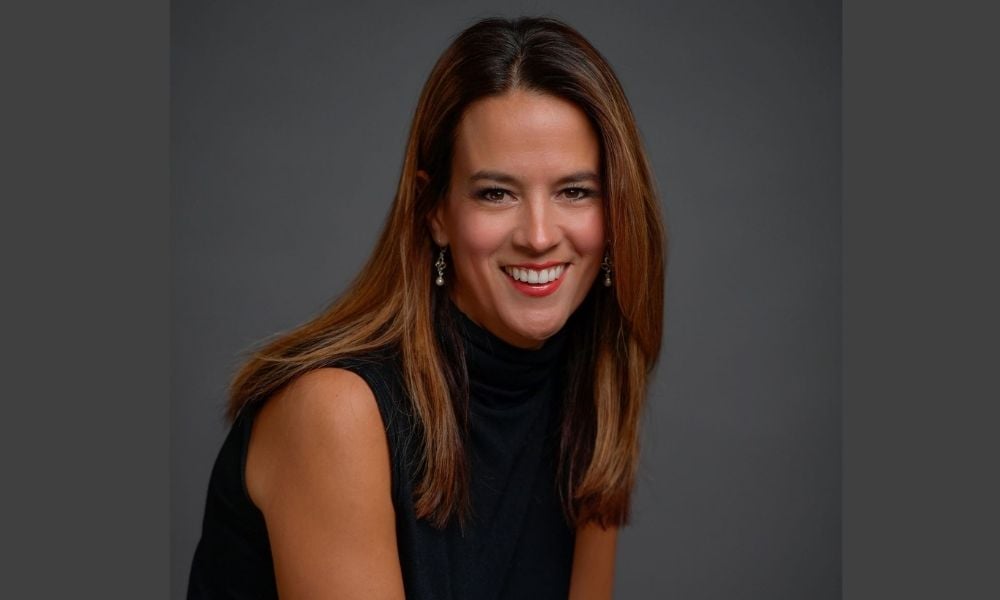Here's what couples should consider while they're still 'friendly'

One of the biggest favours you can do for your clients is to encourage those who are marrying or planning to live together to sign a pre-nuptial agreement, which is really a cohabitation agreement and will cover every eventuality they may face, not just financial ones, according to a Toronto advisor.
“If you can’t talk about those things before you get married, there are other issues,” Elke Rubach, a holistic family advisor who was a lawyer, but now is president and founder of Rubach Wealth, told Wealth Professional.
“You need to normalize a conversation that sets the rules, so everybody’s clear what you’re going in with and what you wish, even though you might never need it.”
While advisors aren’t lawyers, so can’t provide legal advice, they can raise the issue – and types of questions that should be addressed – with their clients, so they’re prepared to have the conversation with their lawyers in order to develop the pre-nuptial or agreement.
That includes what each person’s assets and debts are, but also what his or her short-term, mid-term, and long-term plans are, so they can develop a baseline, which they can periodically revisit.
“They need to think about things like: who’s going to watch the kids? What happens when you change your mind? It’s about normalizing the conversation, and it’s really important,” she said. “People stop talking and then they put blinders on. They hope for the best, which is a very bad idea.”
Rubach has a check-list of the questions she asks clients to ensure she’s covered the full baseline of what could arise. It includes each of the couple’s roles and responsibilities, and what each of their career potential is. It also includes how many children they’re going to have and who is going to stay home with them, what that looks like, and what a return-to-work might look like for that person. But, it also considers how that may need to be adjusted if a child has additional issues and that parent needs to continue to provide care, which impacts that parent’s ability to return to work.
“What are they going to do? How are they going to talk about it? It’s kind of like setting up the rules of the game,” said Rubach. “It sets aside things that can get really emotional because if you can’t talk about them when you’re still friends, then what?”
The agreement can also address loans or financial commitments that the couple’s parents may have made to the couple, particularly for real estate purchases, so that all of the terms are clear.
“If there’s a loan from a parent, or any big financial commitment, let’s put it on paper,” she said.
While they’re at it, Rubach said each member of the couple should also develop their wills.
“It’s part of the package,” she said. “That’s why we like to look at things from every perspective because you can have the best financial plan, but if you don’t have a will, it can all go down the drain.”
Rubach encourages advisors to work with a team of advisors, such as lawyers, to provide this.
She also noted that it’s particularly important for those clients who may have a good financial plan and handle on their financial situation, but then end up with a partner who doesn’t.
“Couples really need to be interested in planning for the future, and that’s not just the rate of return,” she said. “They need to take this holistic approach. So, let’s normalize talking about this.”



